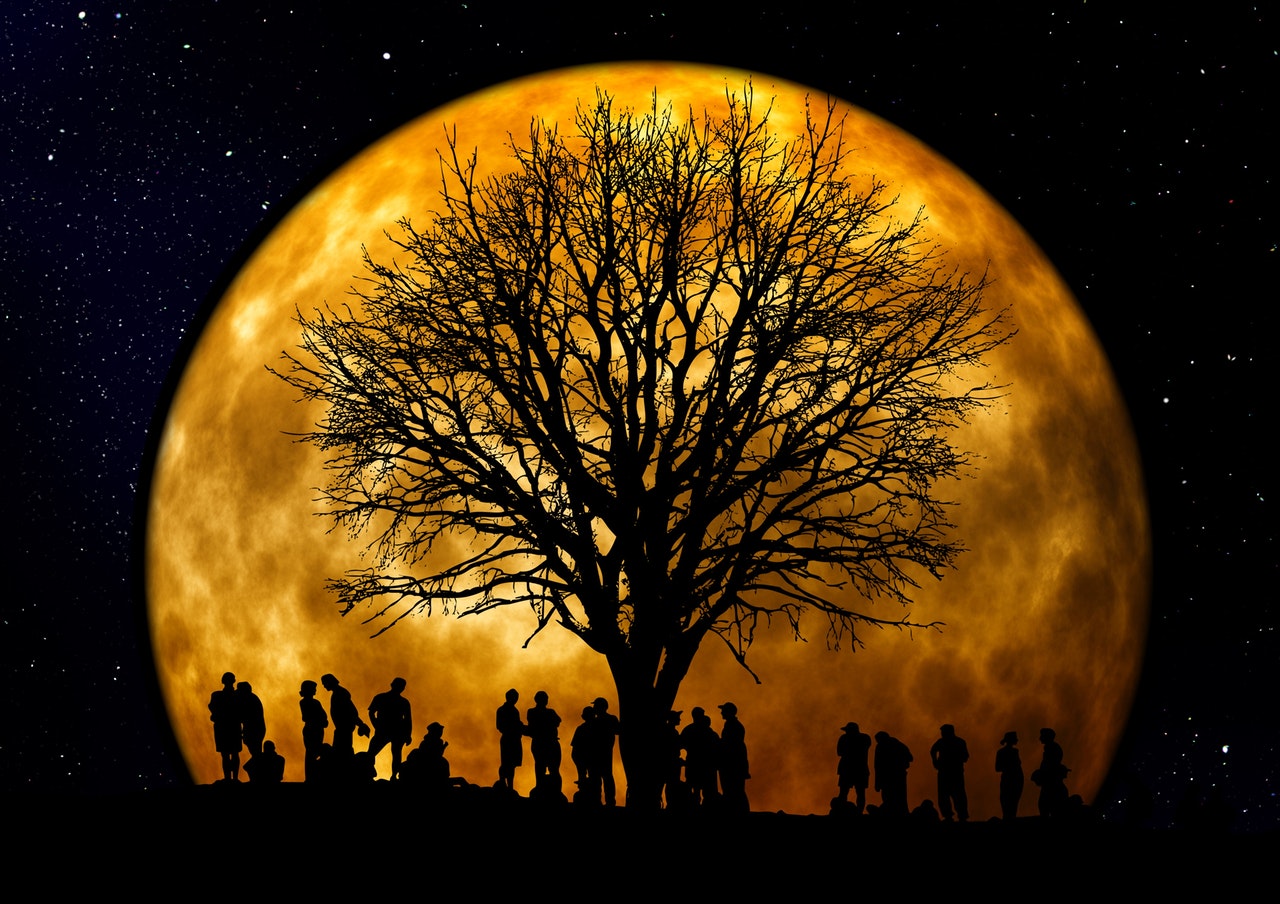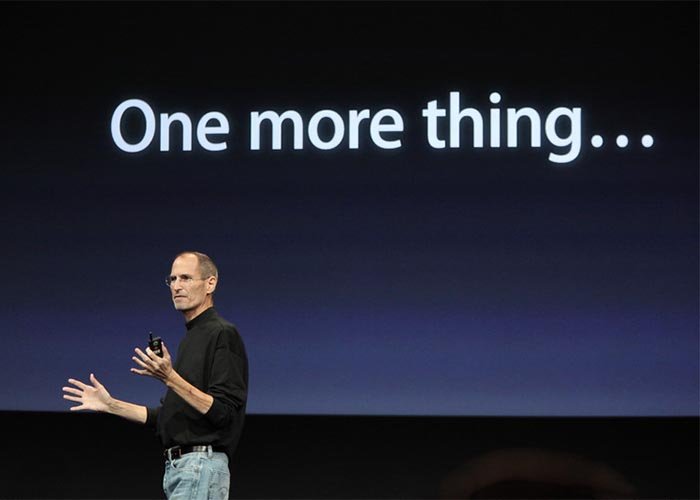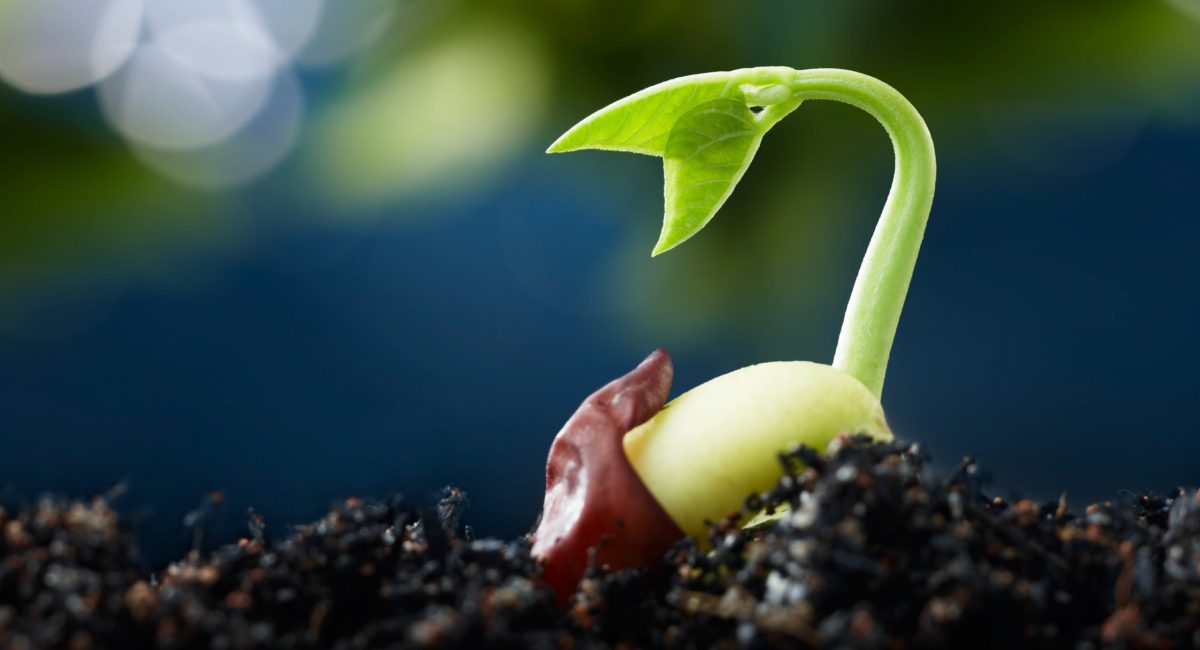Reflection for 11th Sunday in Ordinary Time. Year B. 2018
– By Fr Ugo Ikwuka
Archway, London
I recently lost one of my best friends Rita who would have marked her 100th birthday this 15th of July. I visited Rita most Mondays when I see the sick and the housebound. She was a most exciting company and we shared loads of banters together. Rita once asked me what we shall be doing in heaven, and I jokingly answered that we shall be on our knees praying all day. She said: “In that case, I’m not going there.”
She was right. Heaven will be boring if all we do is pray.
This Sunday’s Gospel talks about the kingdom of God or the reign of God, and Jesus used two exciting parables to explain for it.
To start with, a kingdom presupposes a king and his sphere of influence or power. To belong to the kingdom of God is therefore to put oneself fully under the power of God, to experience that power and be empowered by it. That power is, above all, the power of love.

As Pope John Paul II corrected that heaven is more of a disposition than a place, this kingdom or reign of God thus denotes a disposition inspired by love and trust as opposed to that of the world that is inspired by selfishness and fear.
Jesus likens the reign of this kingdom in us and in the world to the imperceptible sprouting and growing of a seed that the farmer sows. Those who plant know that it is hard to notice the actual sprouting and growing of the seed, but every new day one wakes to notice that some growth has taken place. The poet Henry Longfellow once wrote: “Though the mills of God grind slowly, yet they grind exceeding small; Though with patience he stands waiting, with exactness grinds he all….”
Disturbingly, this perspective has become rare in our religious experience today as most believers believe that the mills of God have either ground to a halt and no longer work, or feel that it should grind quicker. The parable therefore challenges those who think that God is doing nothing in the world to look more closely. God is very much active in our world and is leading the world to its purpose.

God is bringing his work to completion in me, in my family, in our community, in the church, in our world even while we rather see frustrations everywhere. So, let’s not be discouraged. The parable demonstrates that God works through nature not through magic. Thus, those who go to crusade grounds for immediate financial breakthroughs should better get a job.
Jesus furthermore likens the progress of this kingdom to that of the mustard seed which at the time of its sowing is the smallest of all the seeds but once it is sown springs up and becomes the largest of plants. Many things come in God’s providence from small beginnings. Nobody noticed when Paul stepped across from Asian Minor into Greece but with those quiet steps came the spread of Christianity across the whole of Europe.
The Franciscan Order started with one odd kid hearing a voice from a crucifix saying: “Francis rebuild my church which is falling into ruins”. A handful of followers joined him perhaps out of sheer curiosity, then dozens, then hundreds. Today thousands are part of this religious movement that is changing the world.

Similarly, the Benedictine Movement came into being with one kid who felt uneasy with the moral corruption of the 6th century. He spent 3 years in the mountains of central Italy praying in a cave. Many that passed by the entrance of that cave must have thought that the poor kid has lost his mind. But that cave was the seed from which the civilisation of Europe was to be re-established.
Rose Hawthorne was frustrated that cancer patients in New York were been turned away from the hospitals in their dying days. So, she simply took one home and began to nurse her. From that tiny beginning came the great Hawthorne Dominicans Order.
Claude Poullart des Places was 24 when he founded the Holy Ghost Congregation in 1703. Though from an upper class family, his compassion for the poor inspired him to give up his Law career and enter the seminary. Seeing that many of his fellow seminarians were struggling to meet their basic needs, he began to support a small group of them financially. He eventually joined them in the house he had provided for them. From that seed was born the international missionary Order to which I proudly belong.

So, let’s not be reluctant or afraid to do small things. You might feel that nothing you could do might possibly make a difference in the face of all the daunting problems in the world. You may feel no one takes notice or that they might consider you an unrealistic dreamer or even out of your mind. Well, that’s what they thought of St. Francis of Assisi, St. Benedict and even Jesus himself.
So, plant the seed! Make the move. Take the risk. Take even the smallest step and leave the rest to the providence of God. That is the great mustard seed principle that has guided the greatest figures through the ages.





